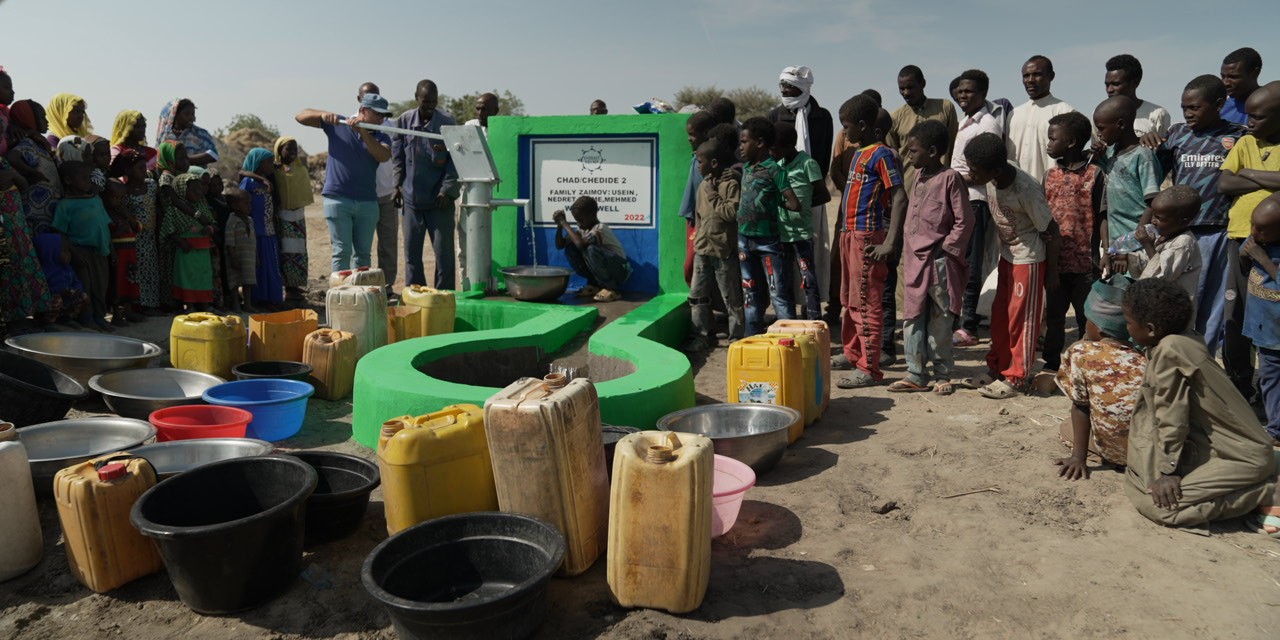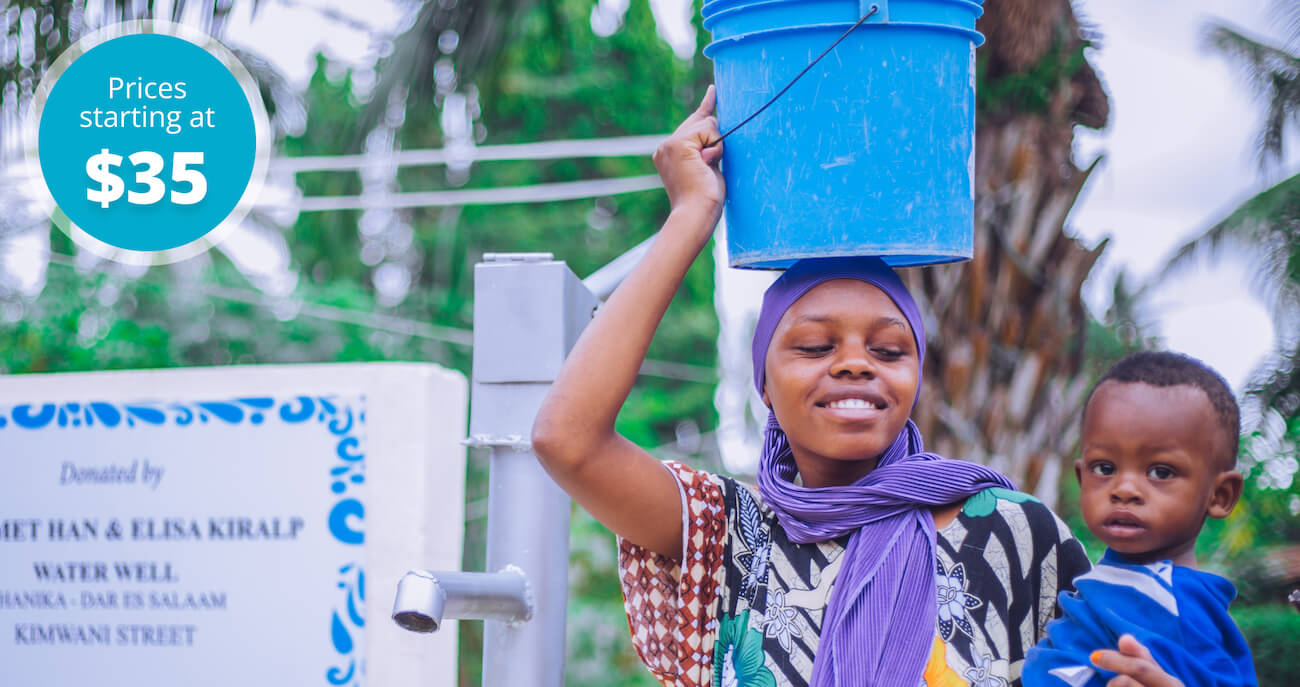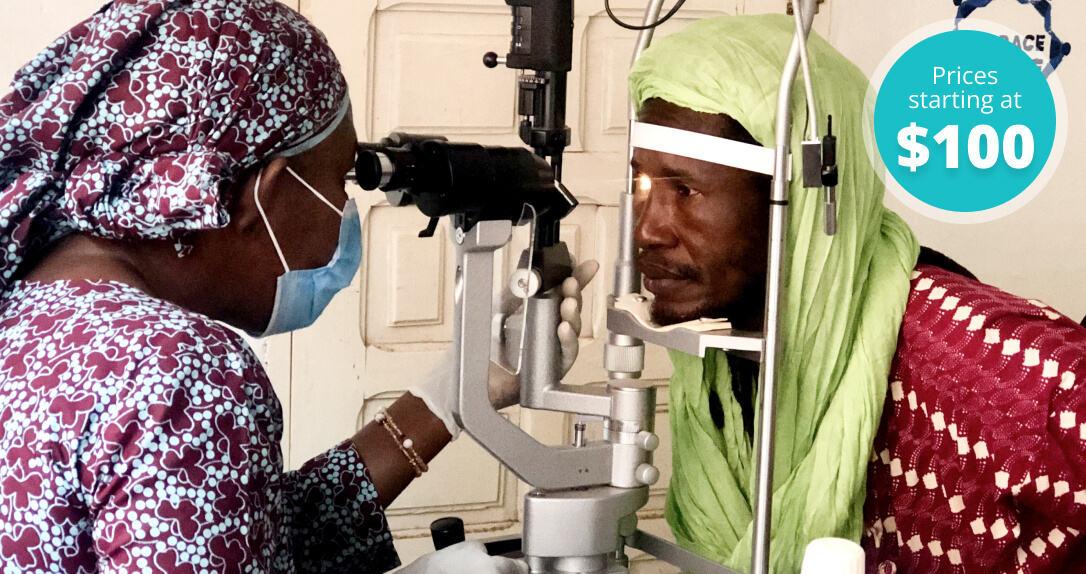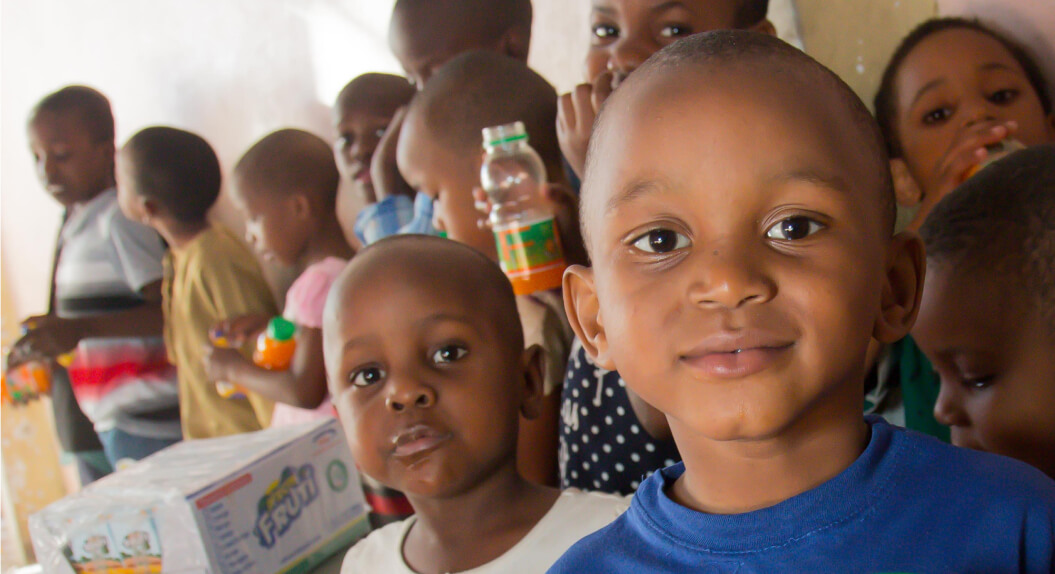
Water wells in Africa: Embrace Relief’s expanded commitment
Make a Year-End Impact with Embrace Relief!
As we head into the 2024 holiday season, you may be considering a charitable donation to help those in need. And there's no better place to make a real impact on the lives of real people than with Embrace Relief! Our Year-End Giving Campaign 2024 offers you three powerful programs to make your generosity count. Your gift can provide clean water, sponsor a cataract surgery, or provide critical care for orphaned children. Select the program you would like to support and make a life-saving donation today!
Embrace Relief has been building water wells in Africa for nearly nine years. But like any physical infrastructure, wells require maintenance and upkeep. When CEO Osman Dulgeroglu and his team recently visited the north-central African nation of Chad to assess the progress of Embrace Relief’s Clean Water Program, they came across one well, between five and six years old, whose pipes had rusted through, contaminating the water pumped out of it.
As Embrace Relief does with all of its wells that need maintenance, those pipes were replaced and the system cleaned, resuming service. But often, wells installed by other groups that fall into disrepair are simply abandoned. The physical structure remains in place, but it is useless as a source for clean water. The abundance of such wells is the driving force behind Embrace Relief’s “Fountains of Hope” initiative, which has already brought 50 wells back into service, with plans for hundreds more.
Rebuilding wells reduces the distances that villagers must travel to fetch clean water, improving the lives of those who walk hours daily for life-giving water rather than take care of their families, receive a greater education, or help their community in other ways.
“We met with some of the people who are walking three, four, five hours a day to get water,” Dulgeroglu said. “It’s not a good situation. It’s dangerous on the roads, with wild animals and other things. Carrying 10 gallons of water is incredibly heavy, and they’re doing it over long distances. And often they’re drinking contaminated rainwater. Many people are losing their lives, children aren’t getting an education, all of these things, because they don’t see any alternative. In places like that, this is where we see the need.”
Dulgeroglu’s weeklong visit to Chad was split between scoping out possible sites for refurbished wells, checking in on those already built, and learning about the impact the wells have had on their communities. The biggest change to come out of being on the ground, Dulgeroglu said, was that Embrace Relief will be taking an even more proactive role in ensuring that the water keeps flowing.
“Until now, we were assigning the responsibility of checking the water wells to the chief of the village,” he said. “We were saying, if there’s ever any problem, reach out to us, and we’ll repair it. But we’re changing our way, and taking on that responsibility ourselves. Our people will be checking and repairing annually during our five-year warranty. That means testing the water, testing whether the well is operational or not, getting photos and videos of all of our wells.”























